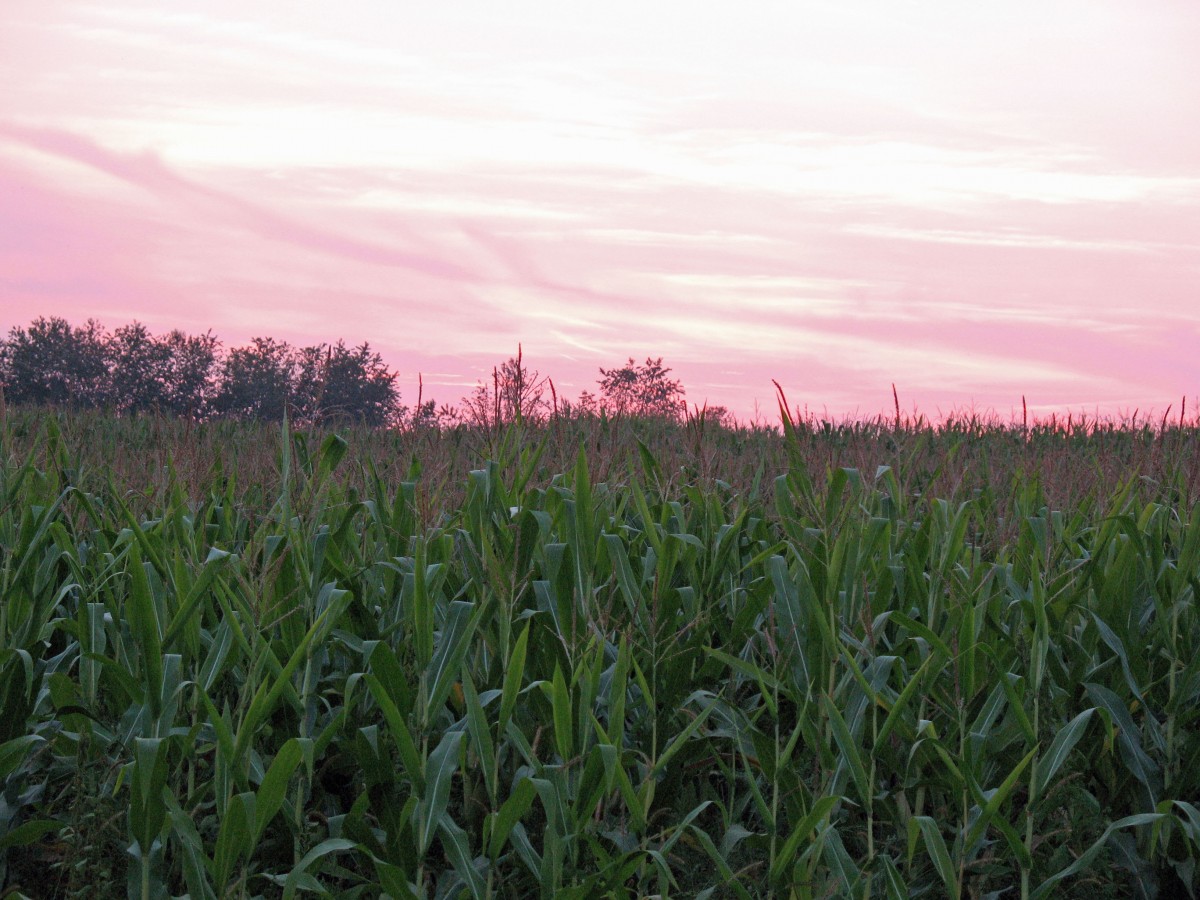May 22, 2016
At a time when the number of Canadian farms is shrinking and the average age of operators rising, private equity firm Area One Farms is seeking to preserve family farms into a new generation.
“We look for great farmers,” president and CEO Joelle Faulkner says. Investment banker and Rhodes scholar Faulkner, raised on a Canadian dairy farm, uses a back-of-the-napkin description to define these “committed and honorable” partners: “Would you leave your money with them to manage and would you make them godparents of your children?” This farmer-centric investment strategy is aimed at providing solid returns while creating long-term stability and value.
To date, Area One Farms has partnered with seven row crop farms across Canada, with investment reaching $60 million. Returns are about 15%, a combination of appreciation, land conversion, and annual crop return. The fund’s goal is to reach $150 million annually, targeting 10 to 15 farmers at about $10 million each. In addition to quality production, climate change, rising global demand for food, and the low Canadian dollar are contributing to an extremely positive outlook for the agricultural sector.
Rather than buy land and rent it back to farmers, a common farmland investment mechanism, Area One Farms uses an equity partnership model. A typical project involved helping a multi-generation wheat and canola grower add an additional 5,600 acres to the 2,200 already owned. Above average producers for their area, they had an opportunity to purchase nearby high-quality land from other farmers. The farmer and Area One Farms provided the equity piece and a bank financed the rest with a 30-year mortgage. The partnership is for 10 years, after which the farmer will buy out Area One’s stake.
Faulkner notes that, “90% of farmland deals are off-market,” which means that farm partner reputation and local relationships give Area One Farms access to “fields that no one will ever see.” Funds are also used to purchase new equipment and improve land. About half the portfolio include land clearing and installation of tile drainage.
Another interesting feature is that farmers receive more than a proportional share based on their own investment—they get a cut of the other investors’ income and appreciation. “We believe that those responsible for increased production and land appreciation should share in the value they create,” Faulkner says. She also believes this approach results in higher investor returns.
After identifying promising farm partners, extensive due diligence includes crop insurance audits, full financial history and net worth, legal history, and references. The soil is tested and evaluated by an agronomist. Also critical is the ability—and the desire—to scale up production. “We look for farmers who want to triple in size,” Faulkner says.
Area One Farms takes a hands-on approach to farm financial management, including overseeing finances, preparing monthly reports, and engaging outside auditors.
The newest fund, Area One Farms Fund III, is aimed specifically at Alberta and Ontario. Aaron Korman, director of development and legal counsel for Area One, makes the point that these provinces allow international investors. According to Korman, restrictions on foreign ownership of farmland, especially in the prairies, has led to a perception that Canadian farmland is off limits for investment. Korman wants to change that. He also believes that Canadian growers are in a strong position to meet the rising global demand for food. According to the Department of Agriculture and Agri-Food Canada, the sector is on an upward trend, and in 2013, generated about $106.9 billion, or 6.76% of GNP. Canada is the world’s fifth largest exporter of agricultural and agri-food products, with exported products representing about half of total production.
Factors hampering other parts of the world may prove to be advantages in Canada. “Canada is a net beneficiary of climate change,” Korman says. “The slightly warmer weather is extending the growing season, increasing heat units to grow new crops.”
He also makes the point that over-abundant rainfall in regions like Ontario, once considered a liability for farming, is now an indicator of sustainability. In addition to availability of water, tile drainage systems are allowing formerly unusable fields to be planted. In addition, farmers are reclaiming fallow land.
“Our farmer partners are real people with real lives,” Faulkner says. “They’re really visionary about how they want to grow and how they want to build.” If it’s up to Faulkner and Korman, Area One Farms will help make it happen.
—
Elizabeth Penney

Let GAI News inform your engagement in the agriculture sector.
GAI News provides crucial and timely news and insight to help you stay ahead of critical agricultural trends through free delivery of two weekly newsletters, Ag Investing Weekly and AgTech Intel.




